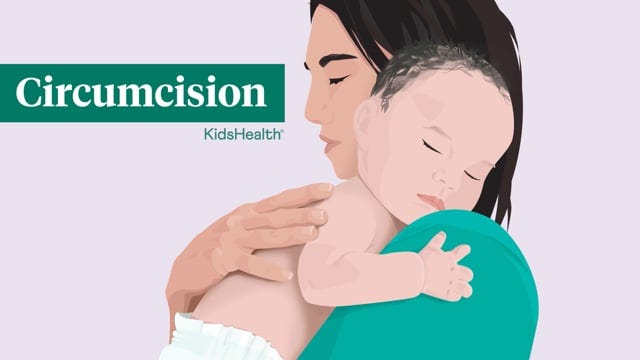Circumcision, the surgical removal of the foreskin from the penis, is a practice that has been performed for various reasons across different cultures and religions. While the procedure is often controversial and debated, it’s worth exploring the potential benefits that have been identified through medical research and clinical studies. Here are some of the potential benefits of circumcision:

1. Reduced Risk of Urinary Tract Infections (UTIs)
Studies have shown that circumcision can lower the risk of urinary tract infections, particularly in infants and young children. UTIs can be painful and lead to more serious health issues if left untreated, so reducing their incidence is a significant benefit. Circumcision is believed to reduce the risk by eliminating the potential for infections that can occur in the foreskin area.
2. Decreased Risk of Sexually Transmitted Infections (STIs)
Circumcision has been associated with a lower risk of certain sexually transmitted infections, including HIV. Research has demonstrated that circumcision reduces the likelihood of acquiring and transmitting HIV, especially in high-prevalence regions. The procedure may also lower the risk of other STIs, such as herpes and human papillomavirus (HPV), contributing to better sexual health.
3. Prevention of Phimosis and Paraphimosis
Phimosis is a condition where the foreskin cannot be retracted over the glans (head) of the penis, which can cause pain and difficulty with urination. Paraphimosis occurs when the foreskin, once retracted, cannot return to its original position, potentially leading to severe complications. Circumcision prevents these conditions by removing the foreskin, thereby eliminating the risk of these issues.
4. Improved Hygiene
Circumcision can facilitate better genital hygiene. The removal of the foreskin makes it easier to clean the glans, which can help prevent the buildup of smegma (a combination of dead skin cells, oils, and other bodily fluids) that can contribute to infections and unpleasant odors. Improved hygiene is particularly beneficial for those who may have difficulty with proper cleaning due to the structure of the foreskin.
5. Potential Lower Risk of Penile Cancer
Although penile cancer is rare, circumcision may lower the risk of developing this type of cancer. The reduced risk is attributed to the removal of the foreskin, which may decrease the likelihood of chronic irritation and infection that can potentially contribute to cancerous changes.
6. Cultural and Religious Significance
For many cultures and religions, circumcision is an important rite of passage or a deeply ingrained tradition. In these contexts, the procedure has social, spiritual, and communal significance. For instance, in Judaism and Islam, circumcision is a significant religious obligation, and the practice carries substantial cultural and familial importance.
7. Potential Improvement in Sexual Function
Some studies suggest that circumcision may lead to changes in sexual function. While the evidence is mixed and subjective experiences vary, some men report increased satisfaction and decreased sensitivity in a way that may benefit their sexual experiences. However, this aspect is highly individual and may not be applicable to everyone.
Conclusion
Circumcision presents several potential benefits, including reduced risk of infections, easier hygiene, and decreased likelihood of certain medical conditions. However, it’s essential to consider that the decision to circumcise can be influenced by cultural, religious, and personal factors. Consulting with healthcare professionals and weighing the benefits against potential risks can help individuals and families make informed decisions about circumcision.
As with any medical procedure, it’s important to approach the topic with a balanced perspective, acknowledging both the potential benefits and the ethical considerations involved.
Comments
Post a Comment